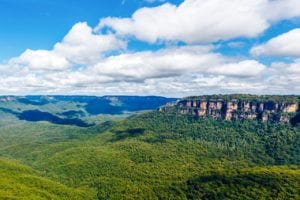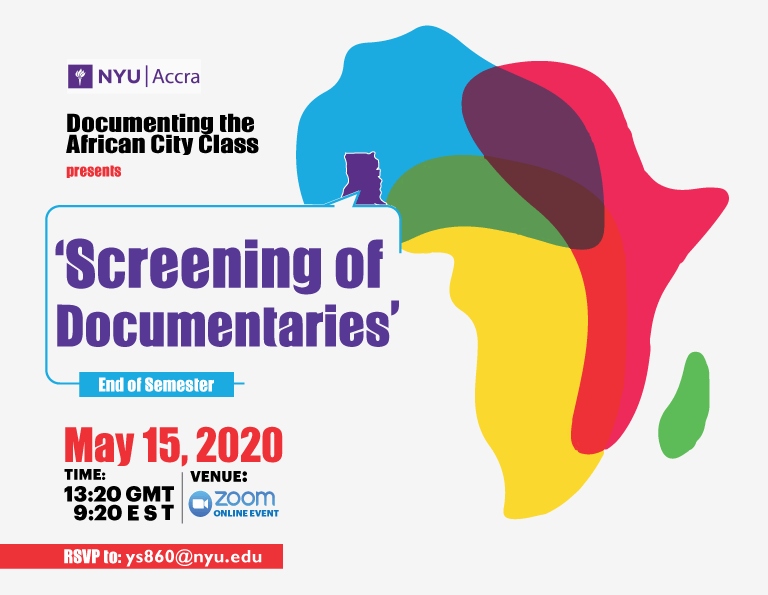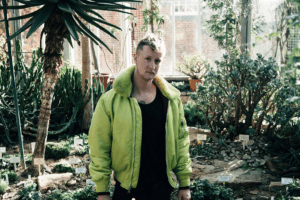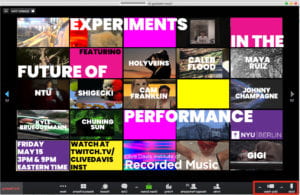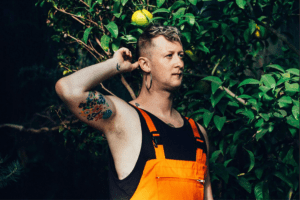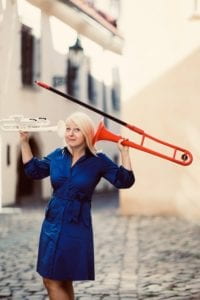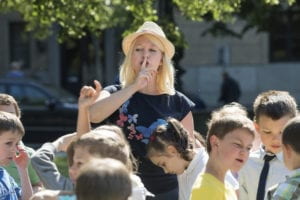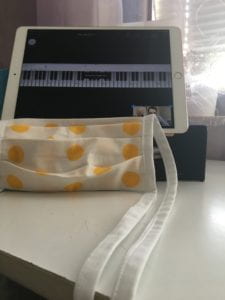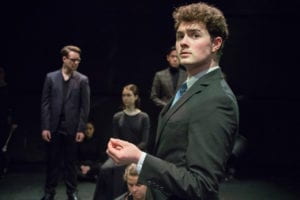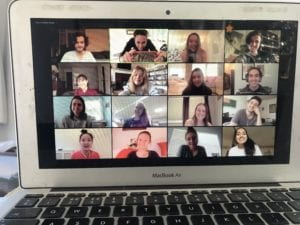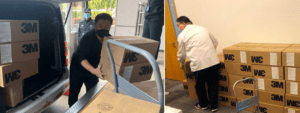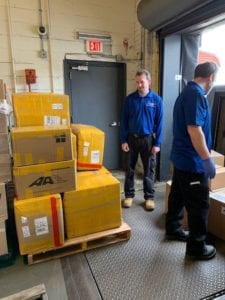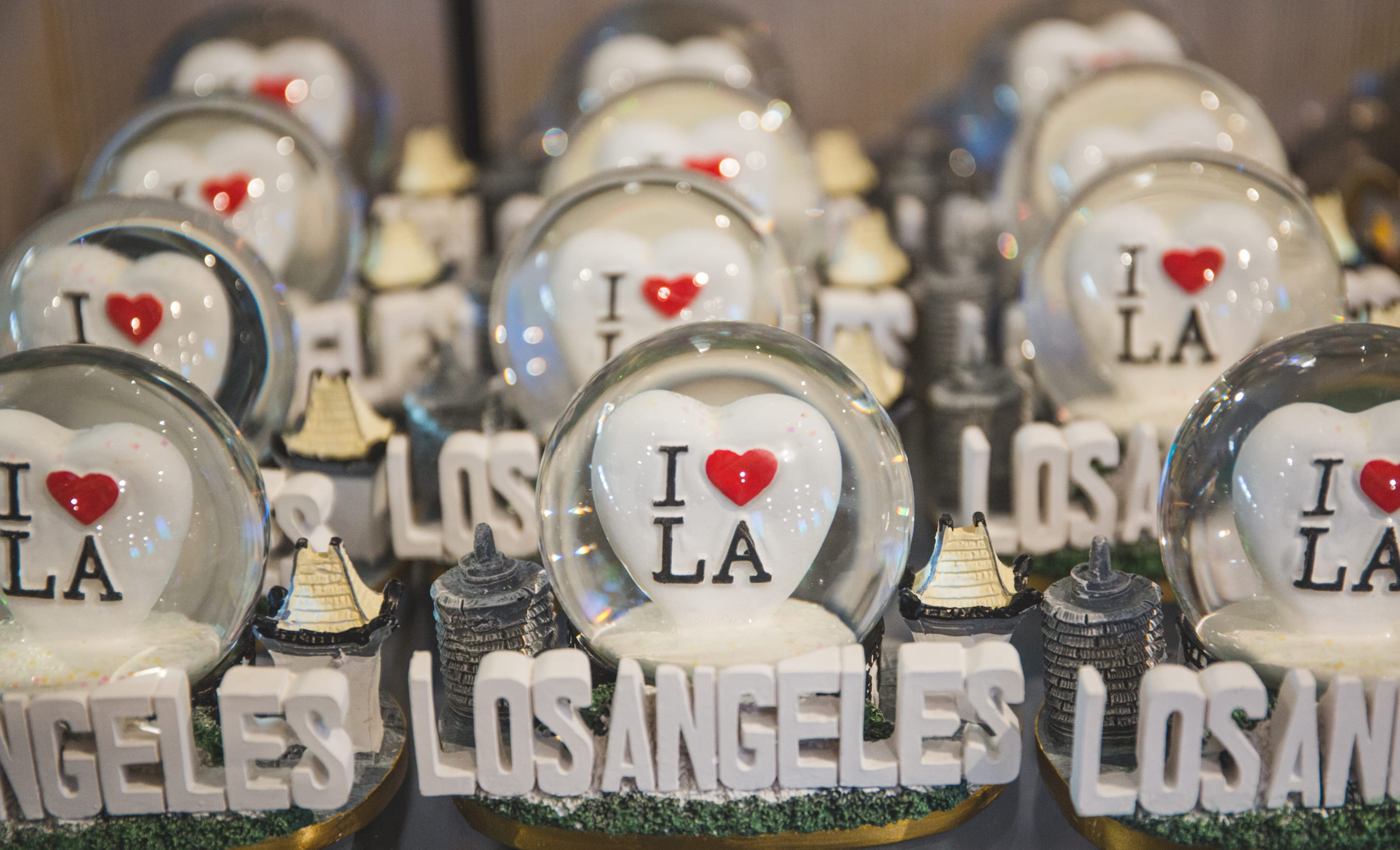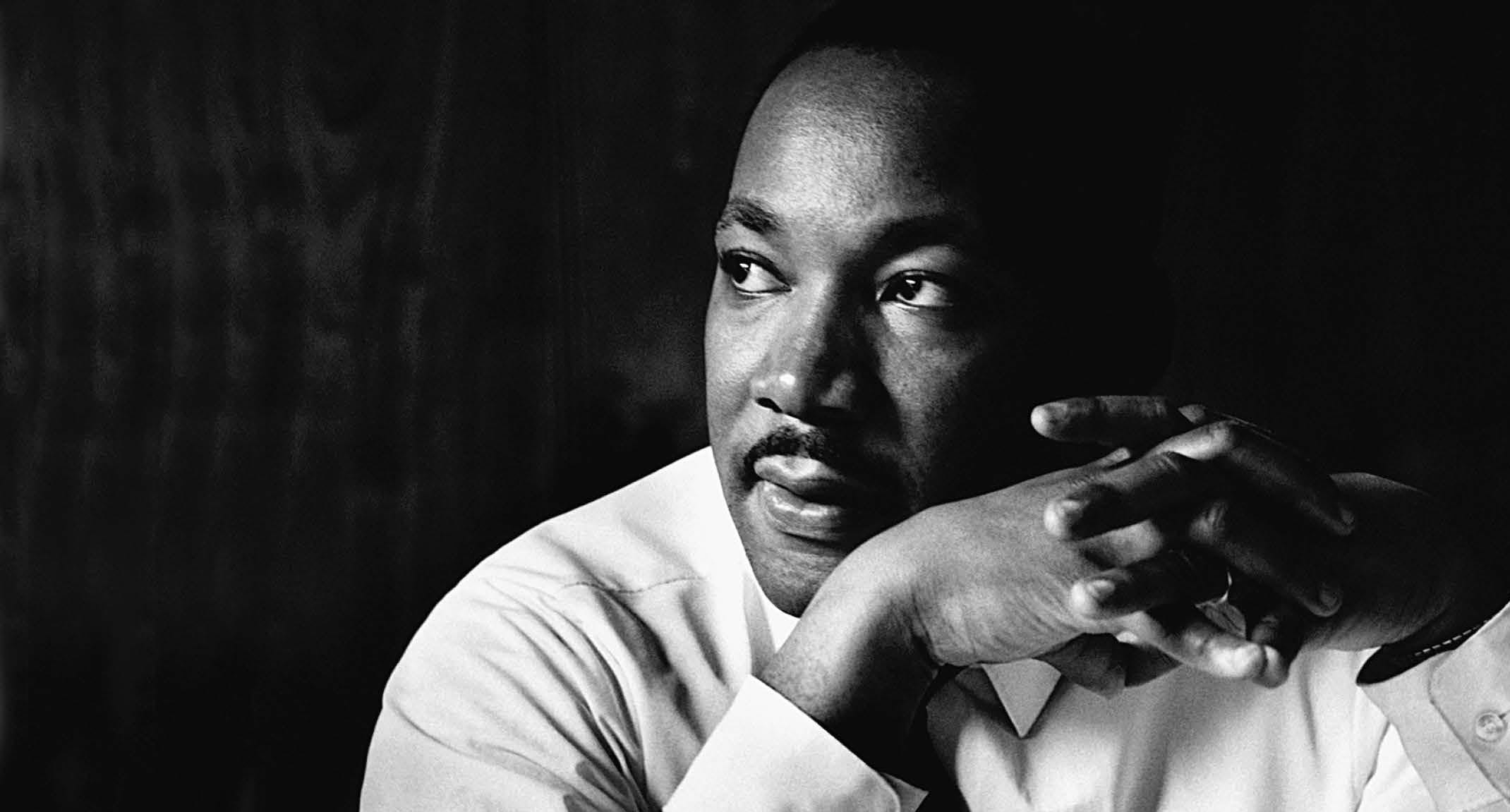It had already been a most unusual summer in Sydney with once-in-a-generation bushfires grabbing global headlines. But as the fires began to subside, Australia faced a new challenge — the arrival of the COVID-19 virus.
Although Sydney was one of the last of NYU’s global sites to be closed, the spread of COVID-19 meant an inevitable movement to new modes of learning. According to the Times Higher Education, higher education is “pivotal” to Australia’s economy, contributing an estimated $66 billion to it each year. Thus the shift to moving to distance model in response to COVID-19 was hugely consequential not just for NYU Sydney, but all higher education institutions in Australia.
Australia actually has a long history of distance learning. “The School of the Air,” a generic term for teachers catering to children in remote and regional Australia has been in operation since June 8, 1951. In the early years of delivery, lessons were originally sent via the Royal Flying Doctor Service in Alice Springs, with classes later conducted via shortwave radio. The modernised service now sees students typically receiving one hour of face-to-face learning from teachers before spending the remainder of the day working through problems and content with family members. The service is sometimes affectionately called “the biggest school in the world” considering “classrooms” consist of roughly only 120 students spread over 1.3 million square kilometers. “The Bachelor Institute of Indigenous Tertiary Education has also utilised distance learning to service its Indigenous students,” notes Petronella Vaarzon-Morel, an anthropologist who teaches at NYU Sydney.
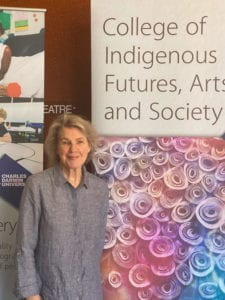 Vaarzon-Morel was in the Northern Territory for field work at the time of the COVID-19 outbreak, and was able to smoothly transition to delivering lectures online. Vaarzon-Morel notes that she has made the most of her situation of continuing classes remotely from the Northern Territory. She is planning a socially-distant, in-person Q and A at Charles Darwin University with anthropologist Dr. Lisa Stefannoff, an NYU alum, and NYU students via Zoom. Stefannoff has worked on Indigenous screen production, broadcasting, and community arts in Alice Springs for the last 15 years. Vaarzon-Morel also recently recorded an interview with senior lawyer David Avery from the Central Land Council, an Indigenous community organization that represents the Indigrous people in land issues.
Vaarzon-Morel was in the Northern Territory for field work at the time of the COVID-19 outbreak, and was able to smoothly transition to delivering lectures online. Vaarzon-Morel notes that she has made the most of her situation of continuing classes remotely from the Northern Territory. She is planning a socially-distant, in-person Q and A at Charles Darwin University with anthropologist Dr. Lisa Stefannoff, an NYU alum, and NYU students via Zoom. Stefannoff has worked on Indigenous screen production, broadcasting, and community arts in Alice Springs for the last 15 years. Vaarzon-Morel also recently recorded an interview with senior lawyer David Avery from the Central Land Council, an Indigenous community organization that represents the Indigrous people in land issues.
Fran Molloy, an NYU Sydney instructor for Environmental Journalism has been pre-recording one-on-one interviews with local experts to supplement her lecture material.
“I have been fortunate that two journalists who wrote articles I had assigned as readings, were willing to speak to me on Zoom about how they wrote the story, what their challenges were, and even offer some tips for students who have feature articles coming up,” she says.
“Both writers live in distant parts of Australia so it would normally be tricky to get them into a classroom. It feels like the virtual classroom (despite its many disadvantages) has given us the opportunity to break down the distance barrier.”
The class also had the opportunity to speak to leading water scientist Bradley Moggridge, whose work combining the traditional knowledge of his Aboriginal ancestors with western science has been groundbreaking in Australia.
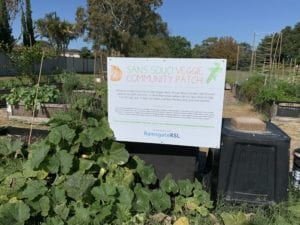 NYU Sydney has also hosted online field trips, with one class having a virtual tour of traditional aboriginal fish traps. Molloy recently organised a socially-distant personal video tour of a local community garden, tailored for NYU Sydney students by the founder. A portion of Fran Molloy’s virtual field trip to the San Souci Community Garden can be viewed via NYU Stream here.
NYU Sydney has also hosted online field trips, with one class having a virtual tour of traditional aboriginal fish traps. Molloy recently organised a socially-distant personal video tour of a local community garden, tailored for NYU Sydney students by the founder. A portion of Fran Molloy’s virtual field trip to the San Souci Community Garden can be viewed via NYU Stream here.
Marcus Neeld, Assistant Director of Student Life at NYU Sydney has also worked at continuing to maintain community beyond the classroom. “Strong relationships between staff and students have been the hallmark of the NYU Sydney experience,” he says.
“Our team has been challenged to maintain these relationships with students across multiple time zones. As we transitioned to remote learning, our team has been available to provide consistent individualized support. More broadly, we have moved our programming online, replacing previously familiar in-person meeting places with virtual meeting rooms and online hangout spaces. We have introduced relaxation programming and we regularly host friendly virtual competitions and opportunities for students to share with us their homes, pets, hobbies, and study spaces. NYU Sydney’s Wellness Counsellor, Dr. Lauren Stahl continues to support students on an individual basis, and student leaders are encouraged to continue making their valuable contributions.”
